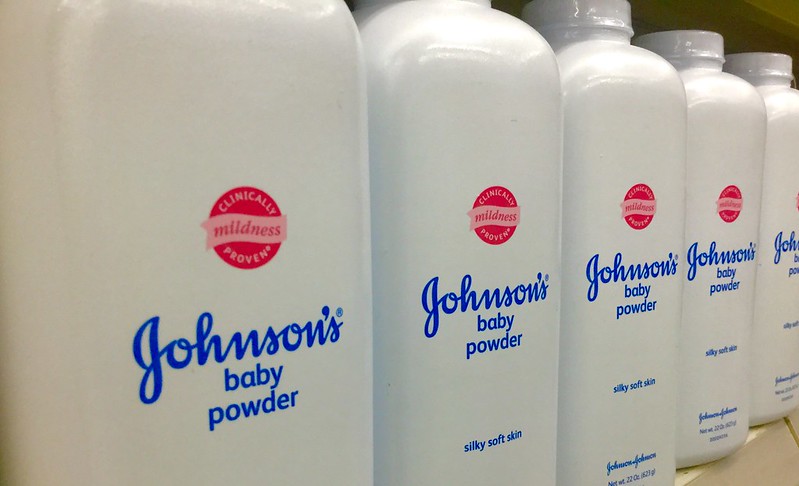J&J, which is facing over 38,000 lawsuits, stated that the decision to discontinue sales was made to “optimise” its product range.
Johnson & Johnson will stop selling and manufacturing its famous talc-based baby powder internationally, two years after it discontinued sales in the United States and Canada.
Tens of thousands of lawsuits have been filed against the company by people who claim that its talc products, particularly the immediately recognisable brand of Johnson’s baby powder, caused them to get cancer.
“As part of a worldwide portfolio assessment, we have made the commercial decision to transition to an all cornstarch-based baby powder portfolio,” the company said in a statement. “As a result of this transition, talc-based Johnson’s baby powder will be discontinued globally in 2023.”
In 2020, the firm stated that it will no longer offer the talc-based version in North America due to a drop in demand caused by what it said was “misinformation” regarding the product’s safety and legal problems.
This was followed by J&J is recalling a batch of baby powder voluntarily after US Food and Drug Administration officials discovered small amounts of asbestos in the product. The company announced the recall of 33,000 bottles of talcum powder “out of an abundance of caution.”
J&J, which had already distributed the cornstarch-based baby powder all over the world, claimed the talc-based baby powder did not cause cancer.
“Our position on the safety of our cosmetic talc remains unchanged,” the company said. “We stand firmly behind decades of independent scientific analysis by medical experts around the world that confirm that talc-based Johnson’s baby powder is safe, does not contain asbestos, and does not cause cancer.”
J&J, which is facing over 38,000 lawsuits, stated that the decision to discontinue sales was made to “optimise” its product range.
“We continuously evaluate and optimise our portfolio to best position the business for long-term growth,” the company said. “This transition will help simplify our product offerings, deliver sustainable innovation, and meet the needs of our consumers, customers and evolving global trends.”
A shareholder resolution to halt global sales of talc baby powder failed in April.
In October, J&J formed a subsidiary, LTL Management, allocated the talc claims to it, and declared bankruptcy, putting legal action on hold.
Prior to filing for bankruptcy, the corporation faced fines ranging from $3.5 billion (£2.9 billion) in judgements and settlements, including one in which 22 women were granted a judgement of more than $2 billion.
Johnson’s baby powder has been on the market since 1894 and has come to represent the company’s family-friendly image.







